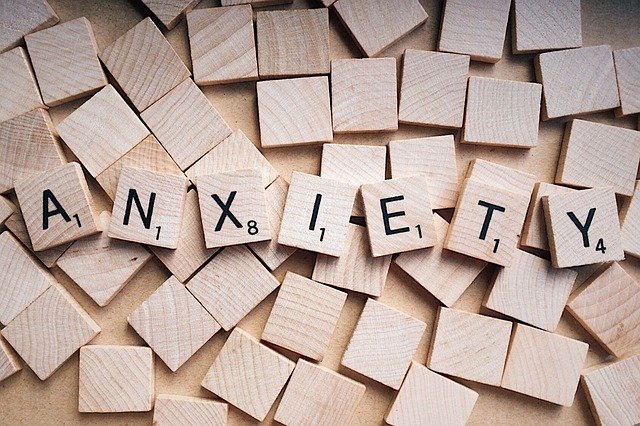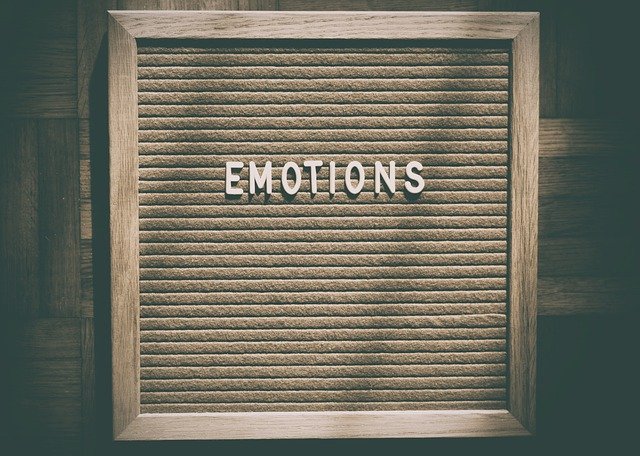
Menopause and Mood Swings
Have you felt a little off? Have you felt irritable or anxious? Hormones play a large role in our emotional outlook, so understanding some of the moods associated with periomenopause can potentially help us, as women, understand why we seem totally out of character. Remember, stress can exacerbate emotional reactions as well. So, some common and notable types of mood swings that may come about include irritability, depression, anxiety, or crying episodes (Dresden, 2017).
Irritability

We all have probably experienced that feeling of agitation. We’re tired, feeling overwhelmed, we snap at another driver who cut us off, we snap at a loved one, or we just send out vibes that we want to be left alone. This is not unusual once in a while, but as we enter menopause, we may notice these mood swings occurring more often (Dresden, 2017). We are getting lower quality of sleep, we are experiencing night sweats, which interrupt the sleep we can manage to obtain, and we just don’t want to be bothered (Dresden, 2017).
Depression

According to research completed by Whelan (2017), because estrogen helps regulate hormones such as serotonin, norepinephrine, and dopamine, the decrease of estrogen associated with menopause also robs us of those feel good hormones released in our brains. The top home remedy for coping with mood swings naturally includes aerobic exercise performed at least three to four times per week (Whelan, 2017). Swimming is also another great exercise that really works the entire body, but if you do not have access to an indoor pool and live in a colder climate during the winter, swimming may not be a viable option (Whelan, 2017). Our diets are much more crucial when we enter menopause as well (Whelan, 2017).
Anxiety

Anxiety can affect us in many ways. Some women have experienced the development of panic disorders during menopause, but this is not a normal occurrence (Cleveland Clinic, 2019). Again, exercise and a healthy diet can go a long way in minimizing these mood issues associated with menopause for most women (Cleveland Clinic, 2019). Remember to remain social and really nurture those deep and long-term friendships. Even if we can only call or communicate through electronic means or through an electronic face-to-face means, we can still connect in some basic manner (Cleveland Clinic, 2019). Vitamins and minerals can also go a long way in supplementing your body’s need for nutritional components (Cleveland Clinic, 2019).
Crying or crying spells

Crying or spells where we are more sensitive should not be confused with depression. Depression is often a feeling of sadness over an extended period of time, where as crying spells are generally short-lived (Cleveland Clinic, 2019). Remember, ladies, that hormone fluctuations mean emotional changes (Cleveland Clinic, 2019). Think of when you or someone you knew became pregnant? What a roller coaster of emotions? This transition is somewhat similar, but maybe not as intense. So, ladies, do not despair, do not feel like you’re losing your sanity, just take better care of you and be kinder to you and to others.
References
Cleveland Clinic. 2019. Is Menopause Causing Your Mood Swings, Depression Or Anxiety?. [online] Available at: <https://health.clevelandclinic.org/is-menopause-causing-your-mood-swings-depression-or-anxiety/> [Accessed 8 January 2021].
Dresden, D., 2017. Mood Swings During Menopause: Causes And Treatments. [online] Medicalnewstoday.com. Available at: <https://www.medicalnewstoday.com/articles/317566#Overview> [Accessed 8 January 2021].
Whelan, C., 2017. Menopause: Tips For Managing Mood Swings. [online] Healthline. Available at: <https://www.healthline.com/health/menopause-mood-swings> [Accessed 8 January 2021].
1oratorical
3spoonful